How Hanoi needs to implement this goal in accordance with the Capital Law 2024 is the content of the discussion between Associate Professor, Dr. Tran Thi Dieu Oanh, Head of the Faculty of Law, Academy of Public Administration and Management with reporters of Hanoi Moi Newspaper.

- Madam, the process of streamlining the organizational apparatus will result in a surplus of cadres, civil servants, public employees, and workers. In your opinion, how should this be handled effectively?
- We are streamlining the apparatus in the political system in the spirit of Resolution No. 18-NQ/TU, dated October 25, 2017, the 6th Conference of the 12th Party Central Committee "Some issues on continuing to innovate and reorganize the apparatus of the political system to be streamlined, effective and efficient".
After the province merger and the abolition of the district level and the rearrangement of the commune level, many agencies and units will be dissolved or merged, leading to changes in the personnel structure. Therefore, the surplus of cadres, civil servants, public employees and workers is inevitable; a reasonable rearrangement of personnel is an important issue to ensure the apparatus operates effectively and does not cause major disruptions.
First of all, it is necessary to rearrange and reassign staff according to job positions and key leadership positions in accordance with the new organizational structure. Competent personnel at the district level will be transferred and appointed to suitable positions at the provincial or commune level; redundant units that do not meet the conditions and standards will be streamlined according to the roadmap.
Second , it is necessary to resolve the regime for cadres according to the regulations when arranging such as encouraging retirement for cases with less than 2 years, 5 years, 10 years of work or resignation... However, it is necessary to pay attention to "retaining" talented people, avoiding using policies to gain benefits, which is not in line with the set goals of the revolution to streamline the apparatus.
Third , maintain political stability of cadres and civil servants to avoid confusion and negativity; ensure the legitimate rights of cadres, civil servants and workers when reorganizing the apparatus.
- One of the important contents when arranging the organizational apparatus is decentralization and delegation of power to localities. So, in your opinion, how should Hanoi city implement it in accordance with the Capital Law 2024 when the government has only 2 levels?
- Decentralization and delegation of power in the 2024 Capital Law is an important content to ensure effective management, operation and development of the specific characteristics of the Capital. When there are only two levels of government, the adjustment of decentralization and delegation of power must be carried out carefully so as not to interrupt the management process, while ensuring the effectiveness of urban government.
In particular, it is necessary to clearly define the role of the city government; clearly define the authority of the commune level when abolishing the district level; the commune-level government must be given greater authority to handle administrative issues, public services, urban order, small-scale construction permits, resolve complaints, civil disputes, etc.
At the same time, the supervisory role of the People's Council and the power control mechanism must be strengthened. When there is no longer a district-level local government, there must be a control mechanism to avoid overload or abuse of power at the remaining two levels of government. The City People's Council and the Commune People's Council must play an important role in supervising, criticizing policies, and inspecting the implementation of the People's Committee at the same level.
Along with that, it is necessary to rearrange and adjust the administrative apparatus to avoid overlap and reasonably allocate resources between the city and commune levels. At the same time, train and improve the capacity of grassroots cadres; focus on applying digital transformation and administrative reform to reduce pressure on commune-level authorities.
- To improve the quality of service to people and businesses, in the long term, in your opinion, how should the city pay attention to personnel policies?
- After streamlining the apparatus, reviewing long-term policies for cadres and civil servants is very important to ensure benefits, stabilize psychology as well as maintain work performance of the team. In particular, salary and treatment policies need to be concerned and adjusted to suit the increased workload after streamlining. Building a salary system according to job position, linked to work efficiency; providing financial support for cadres, civil servants and public employees affected by the streamlining process.
At the same time, focus on building training and development programs for cadres, civil servants and public employees to improve their professional capacity and adapt to the new working model. In particular, build a better working environment, ensure effective working conditions, reduce pressure on remaining cadres after streamlining; promote the application of information technology to support administrative work, reduce paperwork, and improve efficiency.
- For Hanoi to enter the era of national growth, what the city needs to do is implement a mechanism to attract and utilize talents in the context of both arranging the organizational apparatus and simultaneously implementing the 2024 Capital Law. Do you think so?
- The Hanoi People's Council has just issued Resolution 46/2024/NQ-HDND on the policy of paying additional income to cadres, civil servants and public employees at a rate of 0.8 times the basic salary fund of the unit. The payment of additional income has created motivation and encouragement for the team of cadres and civil servants of the capital, contributing to improving the effectiveness and efficiency in performing their work.
When there is no longer a district level, the use of Hanoi's characteristics according to the Capital Law and the arrangement of a two-level government to attract talent requires a more strategic approach. In particular, the arrangement of a two-level government to optimize the attraction of talent with its own characteristics, strong decentralization and delegation. Along with that is the application of digital transformation to reduce administrative procedures, improve work efficiency, and attract young talent. Support young talent to start a business locally such as providing premises, supporting preferential loans for startups to attract talented young people to develop locally. Establish a fund to support Hanoi's talent, grant scholarships, and provide financial support to highly capable individuals...
Thank you very much!
Source: https://hanoimoi.vn/giu-chan-nguoi-tai-khi-sap-xep-to-chuc-bo-may-697835.html









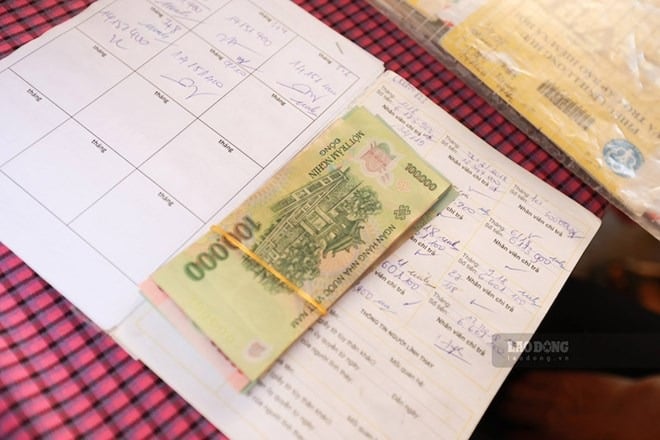



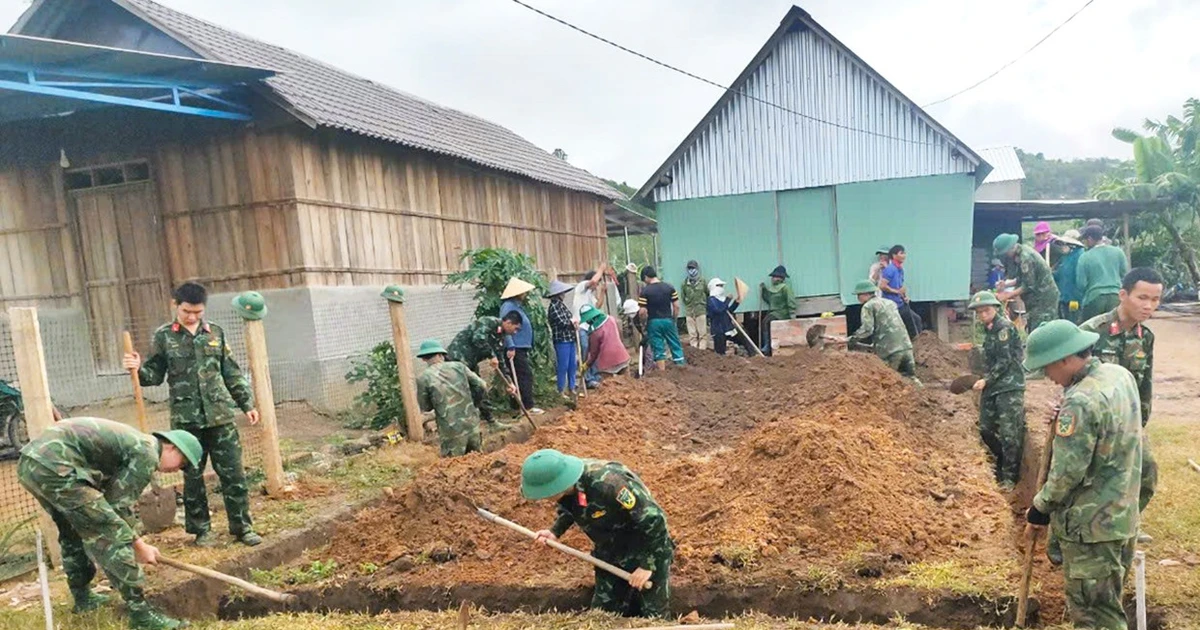



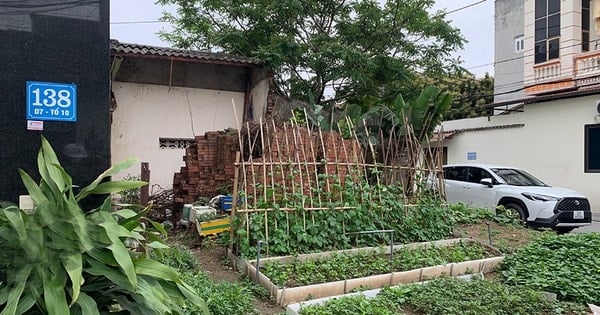

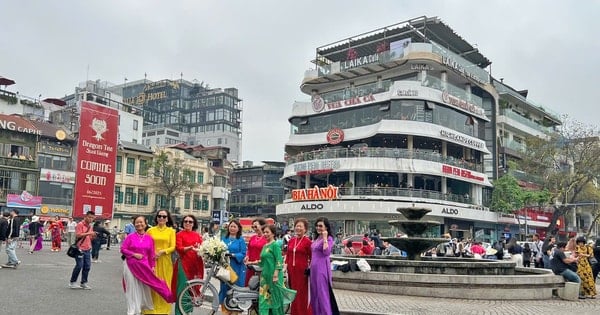
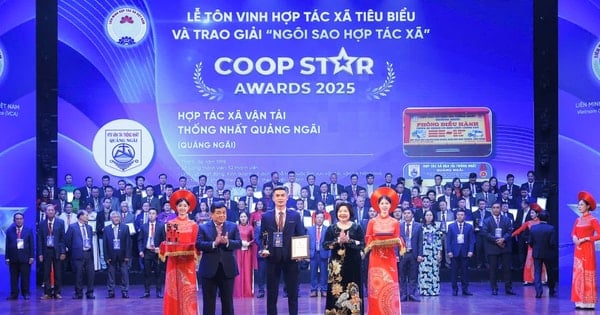

![[Photo] "Beauties" participate in the parade rehearsal at Bien Hoa airport](https://vstatic.vietnam.vn/vietnam/resource/IMAGE/2025/4/11/155502af3384431e918de0e2e585d13a)











































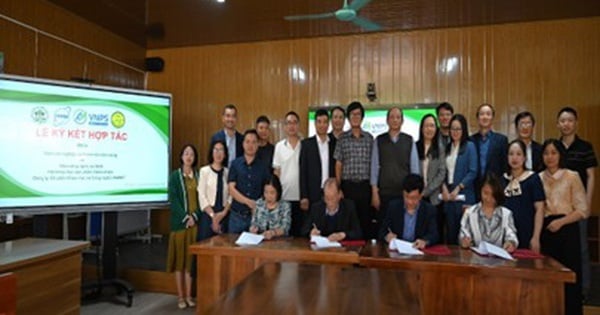







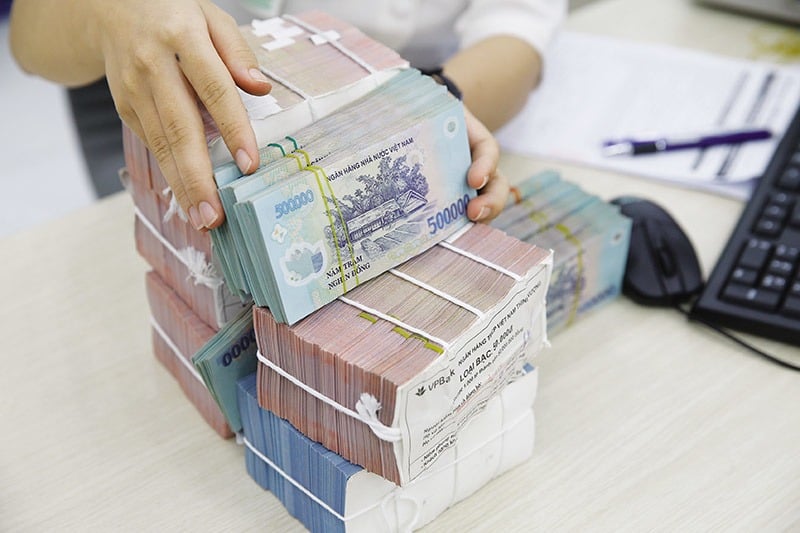
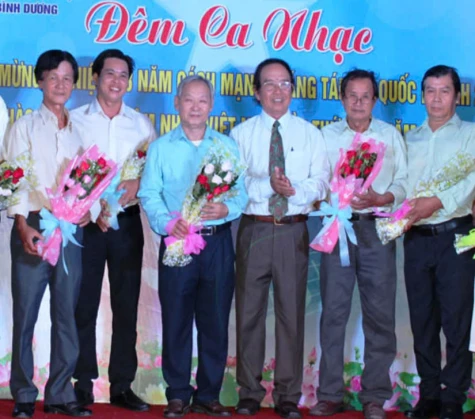









Comment (0)